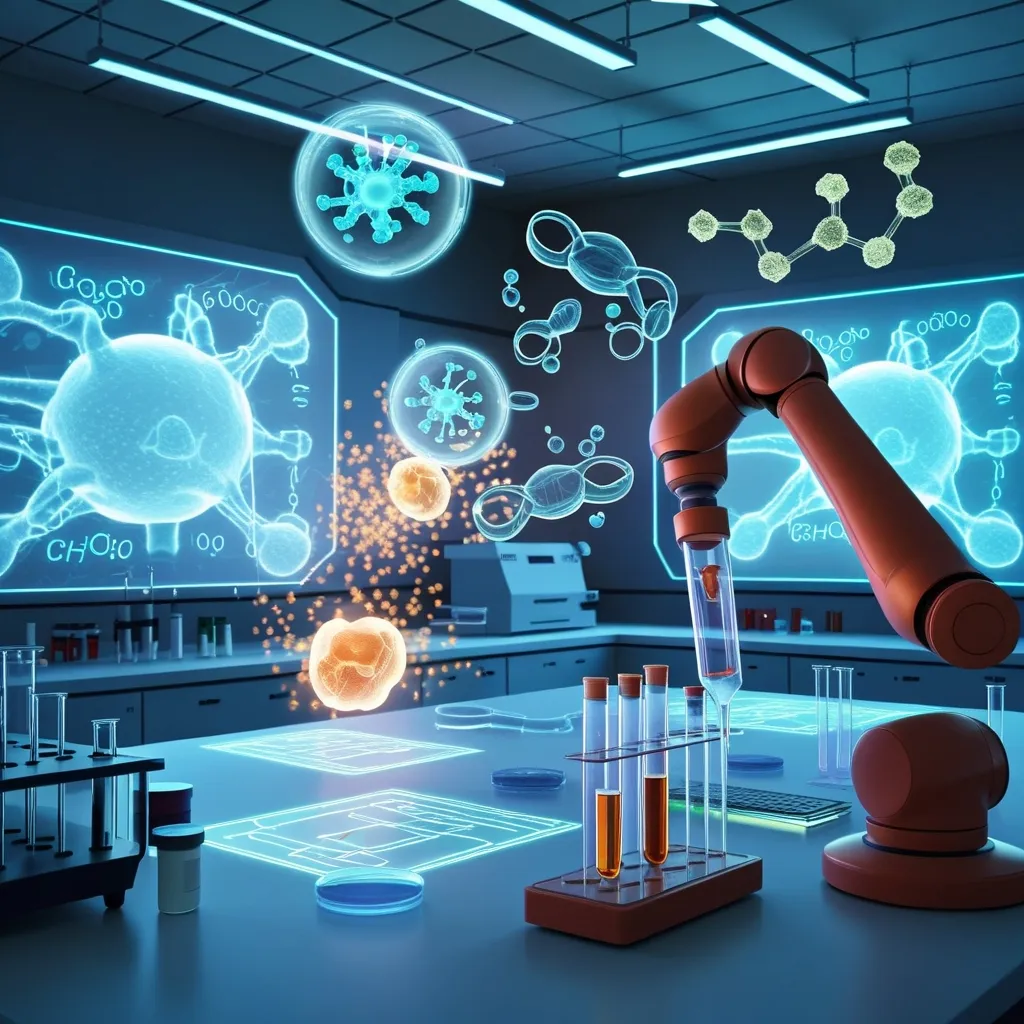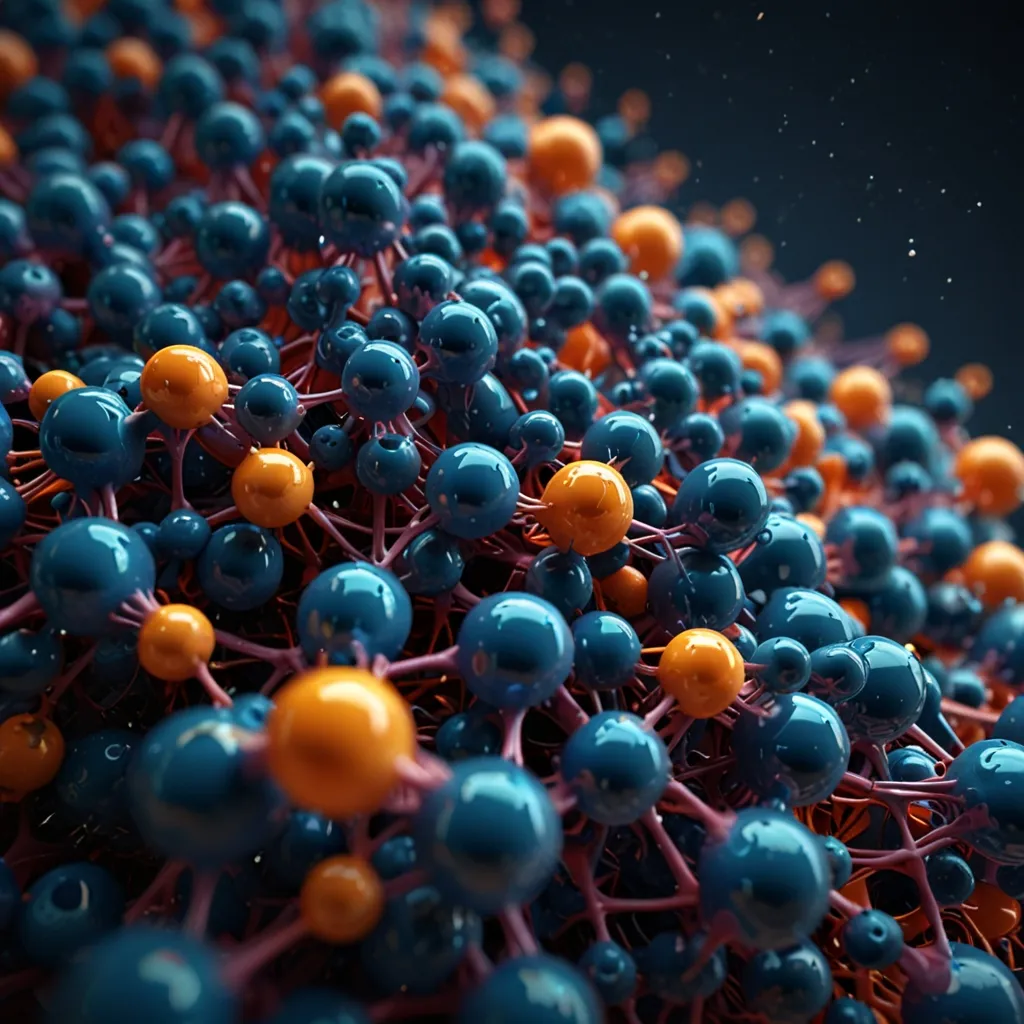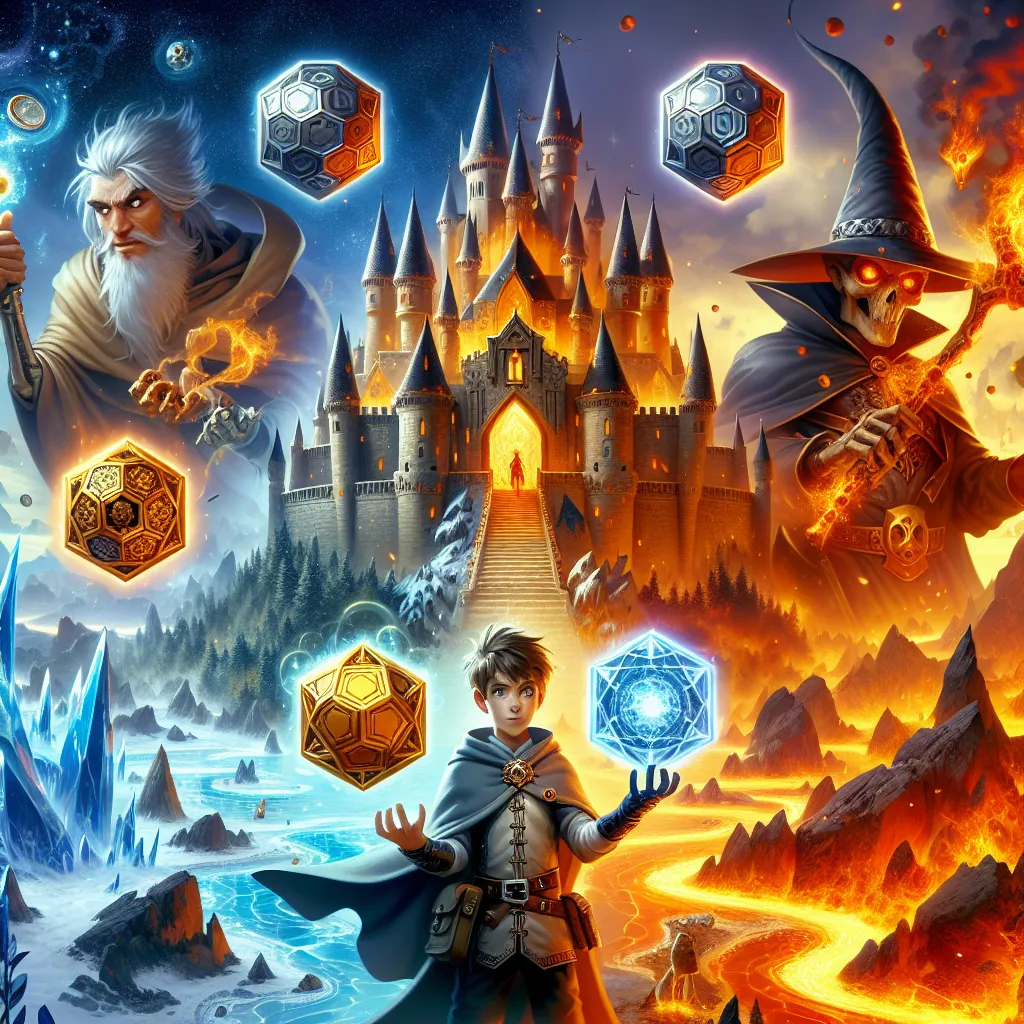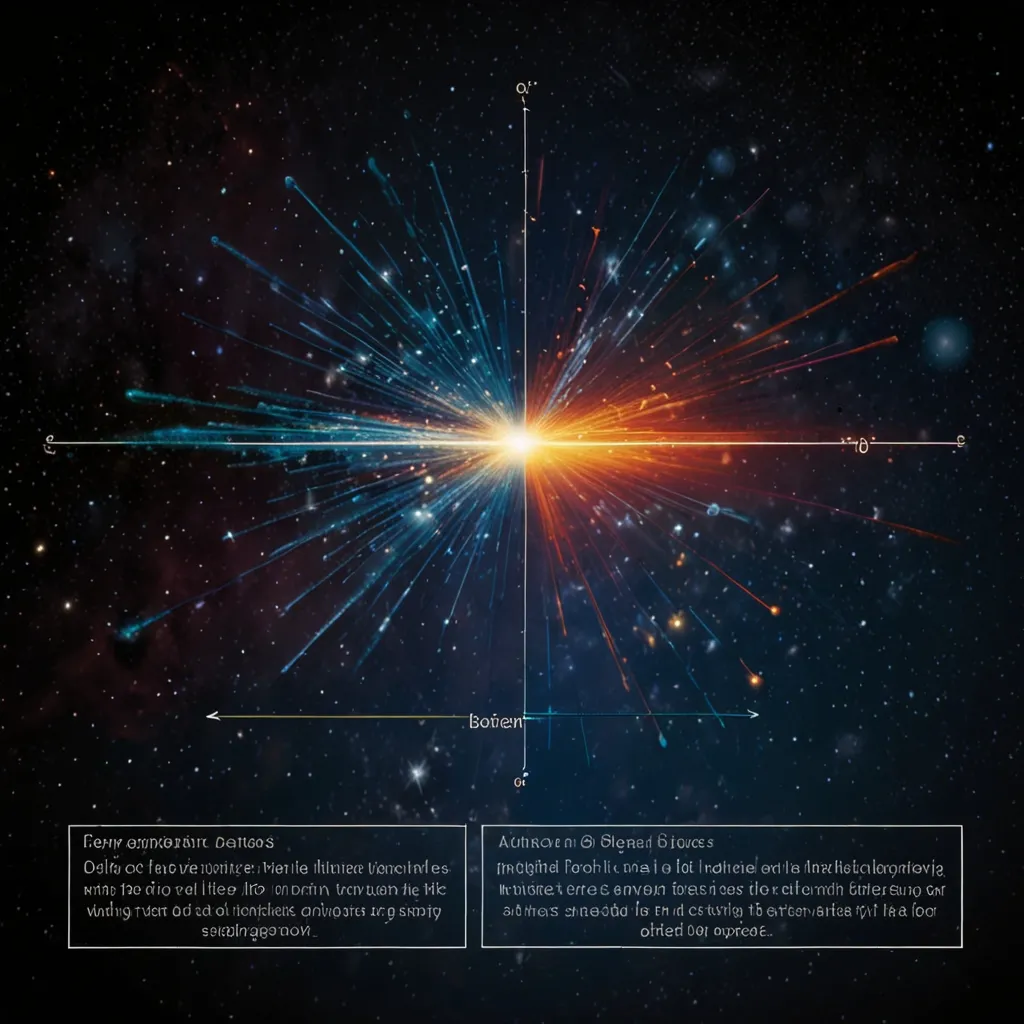The AI Revolution in Drug Discovery: Faster, Smarter, and More Effective
The pharmaceutical industry is experiencing a seismic shift, and artificial intelligence (AI) is at the epicenter of this transformation. For years, developing new drugs has been a slow, expensive, and often frustrating process. But now, AI is changing the game, offering hope for quicker, more efficient, and more successful drug discovery.
Let’s face it, traditional drug development is a bit of a slog. It can take over a decade and cost billions of dollars to bring a new treatment to market. And even then, success isn’t guaranteed. Most drug candidates never make it past clinical trials. It’s like trying to find a needle in a haystack, but the haystack is the size of a small country.
But here’s where AI comes in, like a superhero swooping in to save the day. Companies are using AI to slash development times and costs dramatically. For example, some firms are cutting cancer therapy development from seven years down to just three. And they’re doing it for less than $3.5 million per drug. That’s pocket change in the pharma world!
So, how does AI pull off this magic trick? It’s all about crunching data - and lots of it. AI algorithms, especially those based on deep learning and machine learning, can analyze vast amounts of information in the blink of an eye. They’re looking at molecular images, predicting protein structures, and identifying potential drug targets faster than you can say “prescription.”
Take DeepMind’s AlphaFold, for instance. This AI powerhouse has predicted the structures of over 200 million proteins, including all 20,000 in the human genome. That’s like having a detailed map of every building in a city, but the city is your body. This breakthrough is opening up new avenues for designing drugs that can target these proteins with pinpoint accuracy.
But AI isn’t just about speed. It’s also about precision. One of the trickiest parts of drug discovery is finding the right targets - the proteins or genes linked to a specific disease. It’s like trying to hit a bullseye while blindfolded. AI is taking off that blindfold by analyzing enormous datasets, including genomic profiles, disease associations, and clinical trial data. It’s finding novel targets that humans might have overlooked or never even known existed.
For example, Insilico Medicine used AI to discover and design a new drug target and the corresponding molecule in record time. This AI-discovered drug is already in clinical trials, which is a big deal in the pharma world. It’s like going from sketch to skyscraper in a fraction of the usual time.
Now, let’s talk about testing. Traditionally, testing drug compounds is a bit like trying out every key on a massive keyring to find the one that fits. It’s time-consuming and expensive. But AI is changing this too. It’s enabling high-fidelity molecular simulations that can be run entirely on computers. These “in silico” tests can predict how a drug will interact with its target, its stability, and potential side effects without ever touching a test tube.
Companies like Benevolent are using AI to model and predict the binding pockets in proteins. It’s like finding the perfect parking spot for a molecule. This allows them to design alternative molecules that are more effective and have fewer side effects. For instance, they developed a drug called BEN-8744 using AI algorithms that ensured the molecule didn’t penetrate the brain, avoiding unwanted side effects.
But it’s not all smooth sailing. One of the biggest hurdles AI faces in drug development is getting regulatory approval. Traditional regulatory frameworks want a clear explanation for decision-making, which can be tricky with AI systems that often work in mysterious ways. It’s like trying to explain how you ride a bike - you just do it, but that’s not good enough for the regulators.
However, things are changing. The FDA recently granted its first Orphan Drug Designation to an AI-discovered and designed drug. This is a big deal, signaling that regulators are starting to embrace AI-driven drug discovery.
Of course, AI isn’t without its challenges. One of the main issues is the quality and diversity of training data. AI models are like students - they perform best when they have access to diverse, high-quality information. But in the world of drug discovery, such data can be hard to come by. It’s often scattered or incomplete, like trying to solve a puzzle with half the pieces missing.
To tackle this, there’s a growing push for data sharing and collaboration between pharmaceutical companies, startups, and regulatory bodies. For example, Lantern Pharma’s AI platform, RADR, uses over 60 billion oncology-focused data points to predict patient responses to drug candidates. It’s like having a crystal ball that can peek into how a patient might react to a treatment.
Looking ahead, the future of drug discovery with AI is bright. With its ability to analyze vast datasets, predict protein structures, and design new molecules, AI could significantly improve the success rates of clinical trials. Currently, about 90% of drug candidates fail in trials - it’s like a game of darts where you miss the board nine times out of ten. But AI could drastically reduce this failure rate by optimizing molecules and filtering targets more effectively.
Some experts estimate that early drug discovery could see time and cost savings of 70% to 80% with AI. Moreover, AI models could allow for quicker optimization of manufacturing processes, potentially cutting the development time for new drugs in half. It’s like putting the entire drug discovery process into hyperdrive.
And this isn’t just theoretical - AI is already making a real-world impact. It’s been crucial in developing new treatments for cancer and neurological diseases. Lantern Pharma’s AI platform has even led to the identification of a potential pediatric brain cancer therapy, which is set to enter clinical trials soon.
AI is also enabling the repurposing of existing drugs, which can significantly reduce the time and cost of bringing new treatments to market. By analyzing large datasets, AI can identify new uses for drugs that have already been approved. It’s like finding a new use for an old tool - suddenly, that dusty wrench in your toolbox becomes the key to fixing a problem you didn’t even know you had.
In conclusion, the integration of AI into drug discovery is nothing short of revolutionary. It promises to accelerate the development of new treatments, reduce costs, and improve success rates in clinical trials. While there are certainly challenges to overcome, the potential benefits are enormous.
As the pharmaceutical industry continues to embrace AI, we can expect to see more efficient, more effective, and more innovative approaches to drug discovery. In the near future, we might see a world where diseases once considered incurable are treated with drugs designed by AI. The journey is just beginning, but one thing is clear: AI is revolutionizing drug discovery, and the impact will be felt for generations to come.
So, the next time you pop a pill or get a prescription, remember - there might be a bit of artificial intelligence behind that medicine. The future of healthcare is here, and it’s got a silicon brain.






